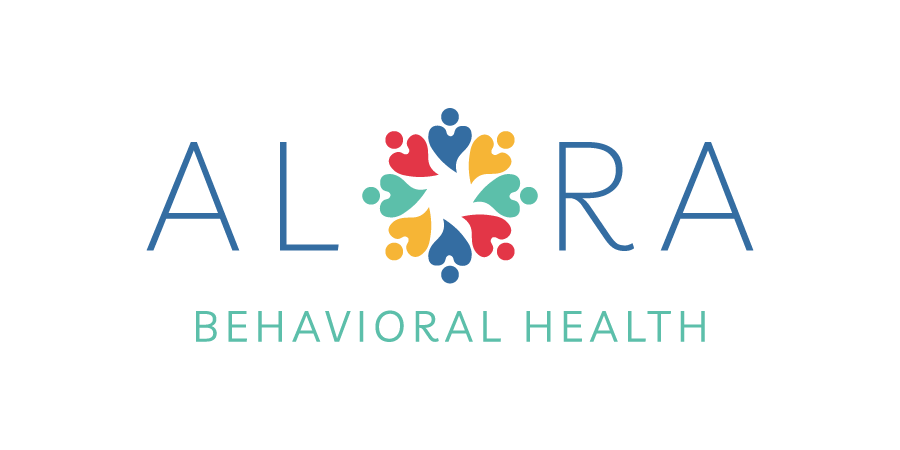In-home ABA (Applied Behavior Analysis) therapy is an invaluable resource for children with autism and other developmental disabilities. While ABA therapists play a crucial role in delivering structured interventions, the active involvement of parents can significantly enhance the therapy’s effectiveness. This blog will explore how parents can empower progress and become essential partners in their child’s ABA therapy journey.
Understanding In-Home ABA Therapy
In-home ABA therapy involves designing individualized treatment plans that address a child’s specific needs and challenges. A trained ABA therapist works directly with the child, implementing various interventions and behavior strategies. The primary objective is to help the child develop essential life skills, improve communication, and reduce challenging behaviors.
The Role of Parents in In-Home ABA Therapy
– Open Communication: Effective communication between parents and ABA therapists is key. Regular discussions about the child’s progress, challenges, and goals ensure that everyone is on the same page. Parents should feel comfortable sharing their observations and concerns.
– Goal Setting: Collaboratively set clear and achievable goals. Work with your ABA therapist to establish specific objectives for your child. These goals should be tailored to your child’s unique needs and aspirations.
– Active Participation: Parents are encouraged to actively participate in ABA sessions. This can involve observing sessions, learning and implementing ABA strategies, and providing consistent support when therapy is not in session.
– Generalization of Skills: One of the fundamental principles of ABA is the generalization of skills. ABA therapists often work with children in their homes to help them apply learned skills to everyday situations. Parents can reinforce this by encouraging their child to use these skills outside of therapy sessions.
– Consistency: Consistency is key in ABA therapy. Parents can support the therapy’s success by implementing the same strategies and approaches at home. Maintaining a consistent routine can help the child understand and generalize the learned behaviors.
– Support and Emotional Well-Being: Parents play a crucial role in providing emotional support. ABA therapy can sometimes be challenging, and parents’ understanding and encouragement are essential for a child’s well-being. It’s important for parents to remain positive and patient.
Benefits of Parental Involvement
– Enhanced Progress: When parents actively engage in their child’s ABA therapy, the child benefits from a more holistic and comprehensive approach. The combined efforts of ABA therapists and parents can lead to faster and more significant progress.
– Generalization of Skills: Skills learned in therapy sessions are more likely to be generalized when practiced in the home environment. This helps children apply their newfound abilities in real-life situations.
– Stronger Support System: Collaborative involvement fosters a robust support system for the child. Parents become better equipped to handle challenging situations and provide ongoing support.
– Deeper Understanding: Parental involvement allows parents to gain a deeper understanding of their child’s needs and the strategies used in ABA therapy. This knowledge empowers parents to continue supporting their child’s development.
In-home ABA therapy is a collaborative effort between ABA therapists and parents. By actively participating in their child’s therapy, parents can empower progress and help their child develop essential life skills. The partnership between parents and ABA therapists creates a supportive and nurturing environment that promotes the child’s growth, well-being, and long-term success. In-home ABA therapy is not just a journey for the child; it’s a transformative experience for the entire family.
